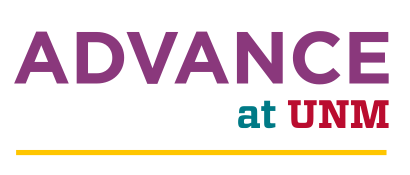Name:
Dr. Tania Reynolds
Title:
Assistant Professor
Department:
Psychology
Describe your research in about 200 words.
My research examines social processes from an evolutionary perspective. I am especially interested in women’s same-sex competition and cooperation. For example, my work finds that competition for romantic partners may contribute to women’s body dissatisfaction and disordered eating. I have also examined the social tactics by which women compete for social partners, such as guising their competitive gossip as concern or hurt. One current project examines the transgressions that most compromise female friendships. Another line of my work investigates the social biases underlying moral judgment and ideology. For example, one project revealed we more easily associate women with victimhood and men with harm perpetration. These findings suggest it is more challenging to recognize and respond to male versus female suffering. Another current project examines the psychological processes underlying ideological viewpoints. I hypothesize that liberals and conservatives differ in their likelihood of detecting continuity in social phenomena. That is, might conservatives be more likely than liberals to detect connections between a person’s prior antisocial behavior and their propensity to commit future antisocial behaviors? I hope that by examining the reliable ways by which the human mind errors, my research will help inform the design of efficacious interventions. Perhaps, for example, my work on women’s same-sex relationships may prove useful for promoting female friendships and female ascension of organizational hierarchies. My work on the under-detection of male suffering may help draw attention to domains where men suffer poor outcomes (e.g., homelessness, substance abuse, suicidality) by highlighting the cognitive difficulty in perceiving men as victims.
What’s the most interesting thing you have learned from a student?
At my previous university, one of my students was transgender. She helped me to see the innumerable ways society emphasizes gender. It was both disheartening and inspiring to learn about the challenges she faced as the first transwoman to pledge a sorority at our school. Now, when I cover topics related to gender in my classes, I think of her as I use inclusive language and encourage compassionate dialogue.

